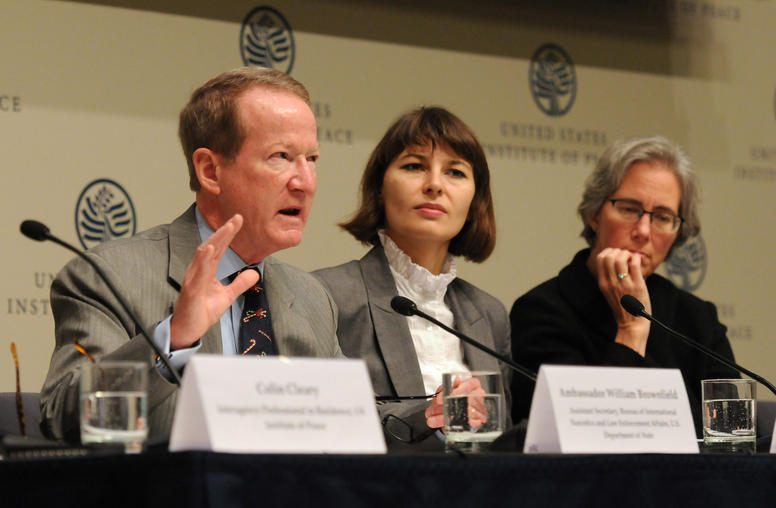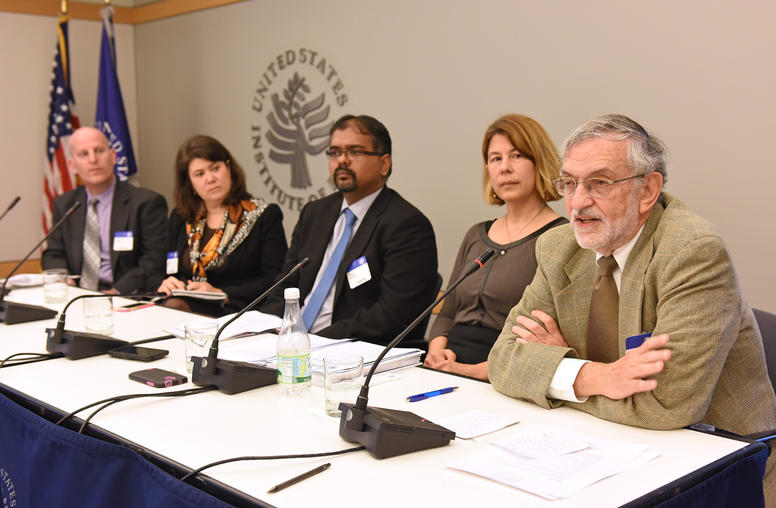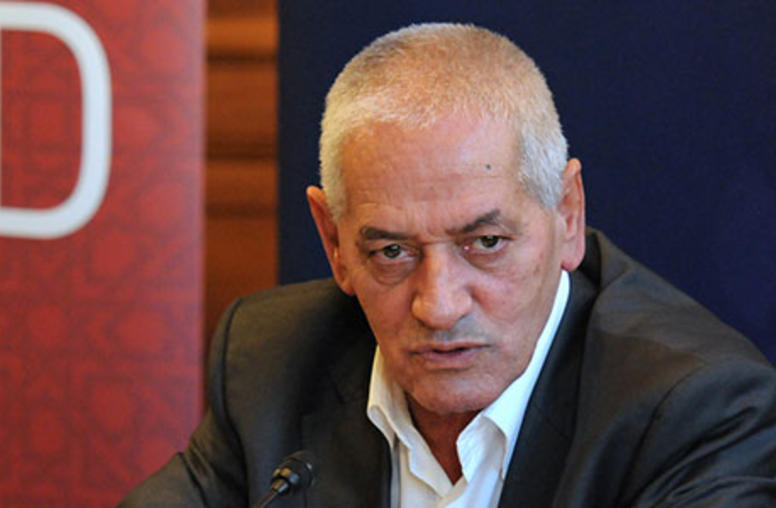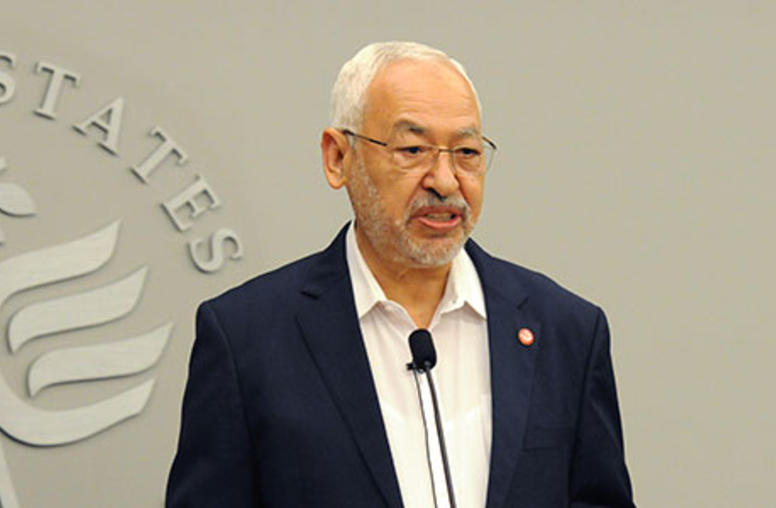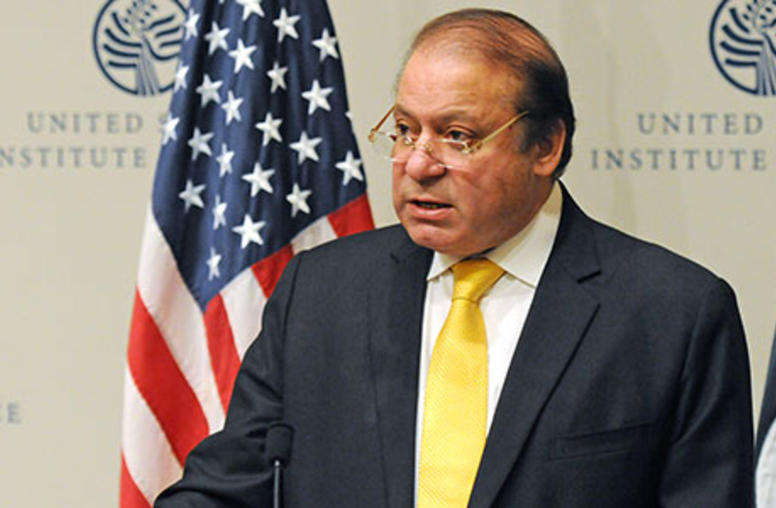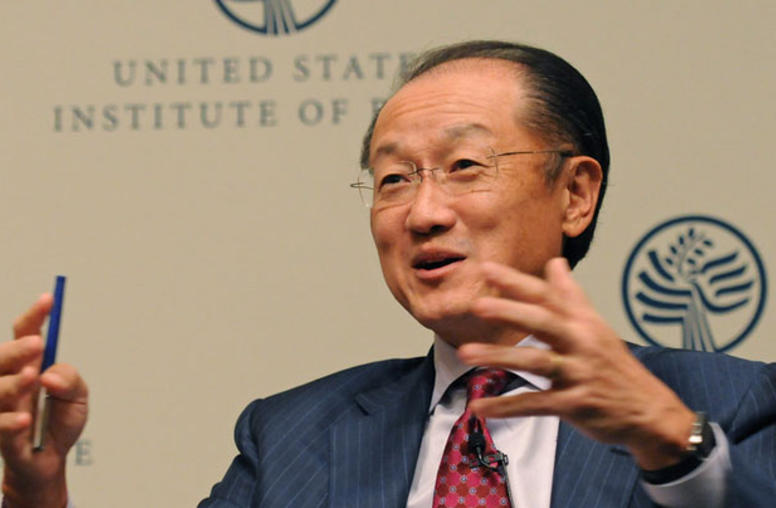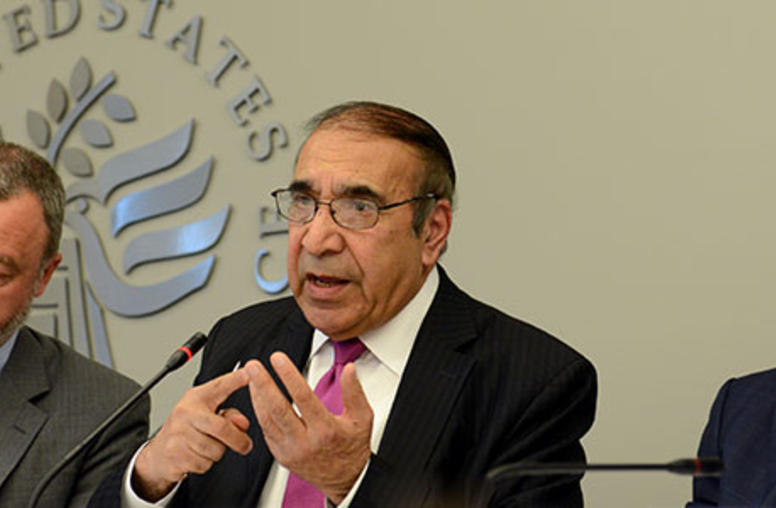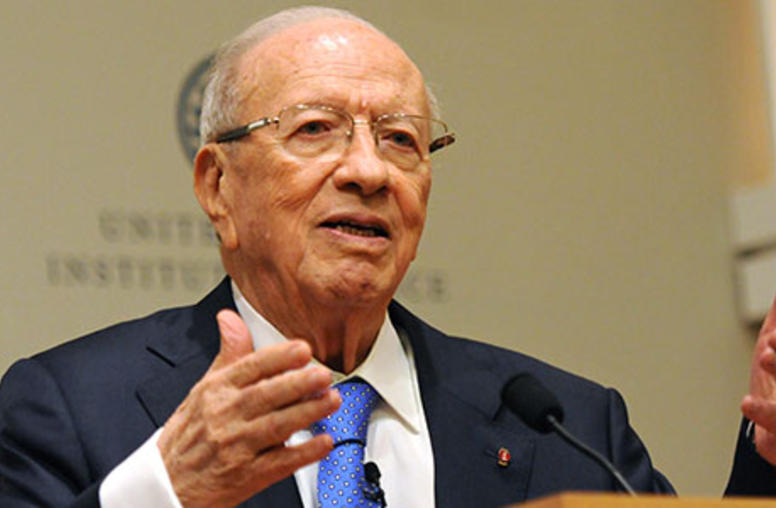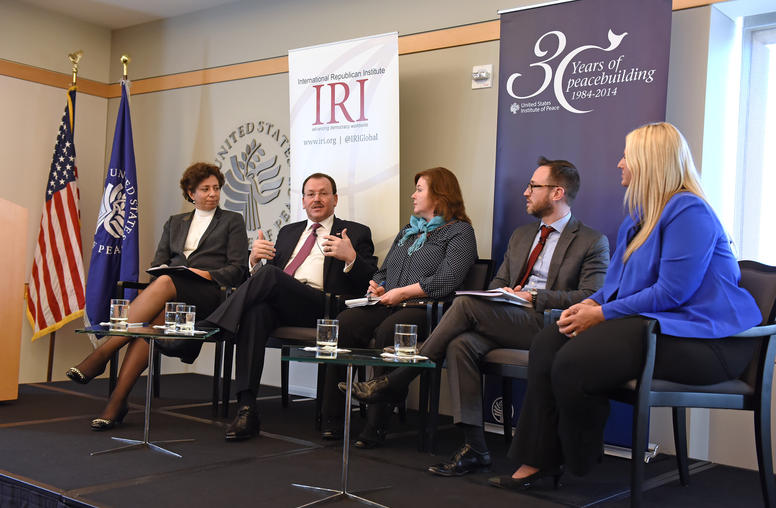
Tunisia’s Jasmine Revolution: On 5th Anniversary, What’s Next?
Five years ago this month, the Tunisian people’s protests calling for respect of their civil liberties resulted in the downfall of the 24-year authoritarian regime of President Zine El Abidine Ben Ali and the start of a rocky but largely peaceful process toward an inclusive political system. The U.S. Institute of Peace and the International Republican Institute commemorated the 5th Anniversary of the Jasmine Revolution and examined the issues facing the country in the coming year and how the international community can help.
